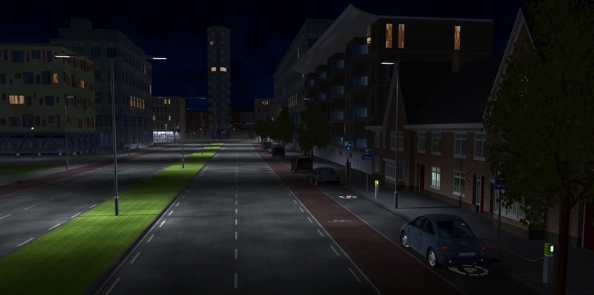Ideas and information are important, but things matter much more. Yet today’s information technology is so dependent on data originated by people that our computers know more about ideas than things. So what if we had computers that knew everything there was to know about things—using gathered data without our help – we would be able to track and count everything, and greatly reduce waste, loss and cost. We would know when things needed replacing, repairing or recalling, and whether they were fresh or past their best.
In comes the Internet of Things. A world in which everything is connected and unified and in the cloud. Through the internet, everything talks to each other – animals and objects become smart like human being. And then we don’t need the human beings either – data is automatically transferred over a network. No human-to-human or human-to-computer interaction required.
The Internet of Things (IoT) was ‘named’ as such in 1999, but has been evolving over decades. This past year, it has been slowly trickling into the consumer product space. You can now talk to your pet when you are not at home, or detect leaks in your home as soon as they occur. Whether or not you think some of the products out there are useful, or whether you think it’s too sci-fi to comprehend – it’s coming. Everything is going to be trackable, traceable, smart, controllable, connected, in the cloud and online. The ‘Internet of Things’ should really be called the ‘Internet of Everything’.
One of the most exciting things about the Internet of Things, is the limitless of it. Think something really crazy, and it’ll be possible. Soon. In 2008, the number of pieces of equipment connected to the internet was roughly one for every person on earth. By 2020, this is expected to have multiplied to 50 billion pieces of equipment. It has the potential to change the world, just as the Internet did. It can help us solve some of the great sustainability challenges we are facing at the moment.
Imagine the amount of energy we would save, if our lights turned off automatically as soon as we’d leave the house? What if the thermostat would be smart enough to start heating, 10 minutes before you open your front door? What if business no longer generated waste products, as they would know which products are required and consumed? It’s already out there. But now image this on the scale of offices, neighbourhoods, cities, countries…!
An interesting project is Trash Track by SENSeable City Lab at MIT. The current invisible infrastructure of trash removal is made more visible by using hundreds of small, smart, location aware tags: a first step towards the deployment of smart-dust – networks of tiny locatable and addressable micro-electro-mechanical systems.
The data can enable more efficient and sustainable infrastructures (council would send 2 trash pickup trucks instead of 3, because the bins are not as full this week) and can also be used to influence behavioural change (the journey of trash will no longer be ‘out of sight, out of mind’). Besides saving the planet, this could also reduce your annual cost of living.
Flexible streetlighting is also an interesting concept in terms of impact on the environment. In Amsterdam in the Netherlands, as part of the SmartCities ‘project’ – the city council worked together with a private energy company to be able to monitor and control streetlighting in a more efficient way. Councils would gain controls over their city’s lighting, adjusting it appropriately depending on the environment.
If you look at sustainability on this more global scale, everybody has to work together. Entrepreneurs are often the front-runners on these innovative projects. But to succeed we need governments, councils, industry (who are way ahead in terms of developing solutions around the Internet of Things), large corporations, and you and me, to work together. Are you ready for the Internet of Everything?













